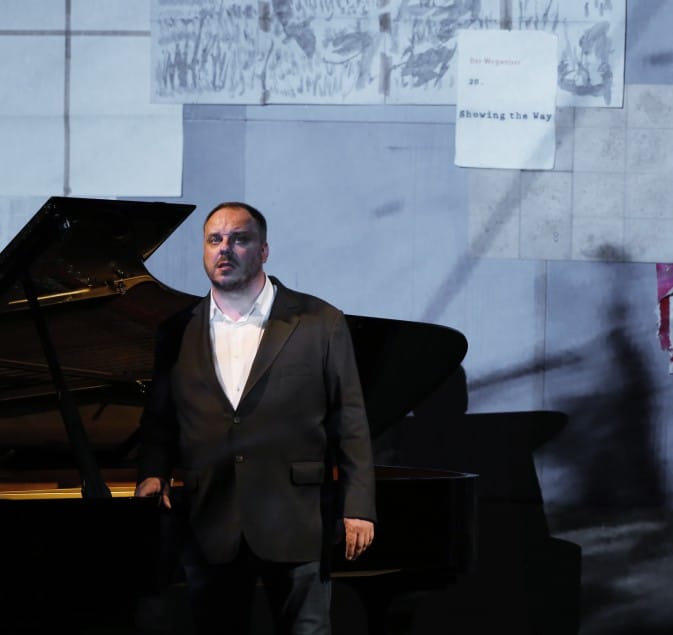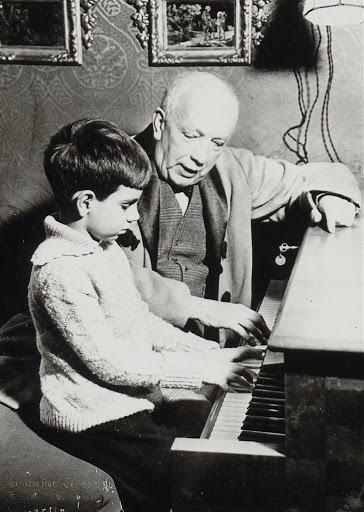How Matthias Goerne stopped a photographer in his audience
mainThis happened last night in Paris, at the Cité de la Musique. An audience member tells us:
Matthias Goerne and Markus Hinterhäuser came on stage to perform Schubert’s Winterreise.
Barely had they begun the second verse of Gute Nacht when Goerne was disturbed by a person in the first row of seats, right in front of him, taking photos without discretion, not even silencing the device or disabling the red light.
In the sweetest of tones, Goerne addressed the photographer in English:
‘Excuse me, excuse me. There was announcement that you cannot make any kind of photos. You have to leave now.’
There was a short pause, then he said: ‘Get out.’
All but the last two words were spoken quietly, with a most courteous tone, and even those final two were softly uttered, though the tone had hardened noticeably.
The photographer left the hall to loud applause – for the singer.

photo (c) Winterreise – Festival d’Aix-en-Provence 2014 – Patrick Berger / ArtcomArt





Comments